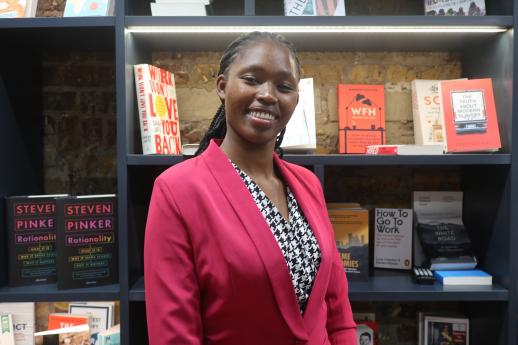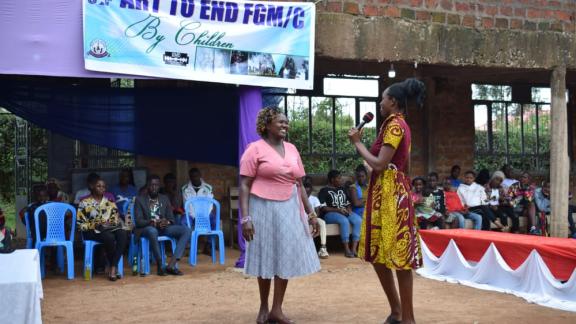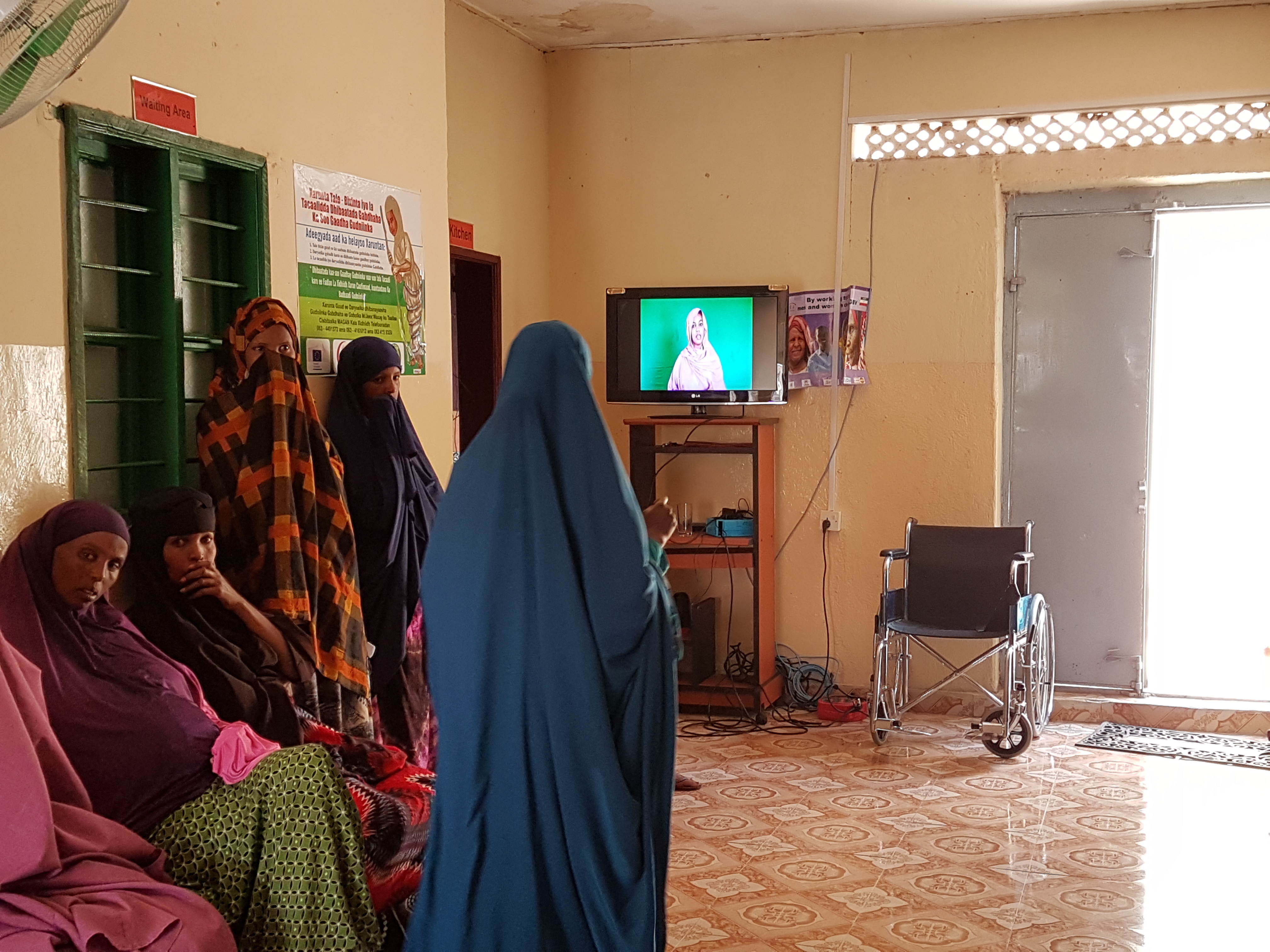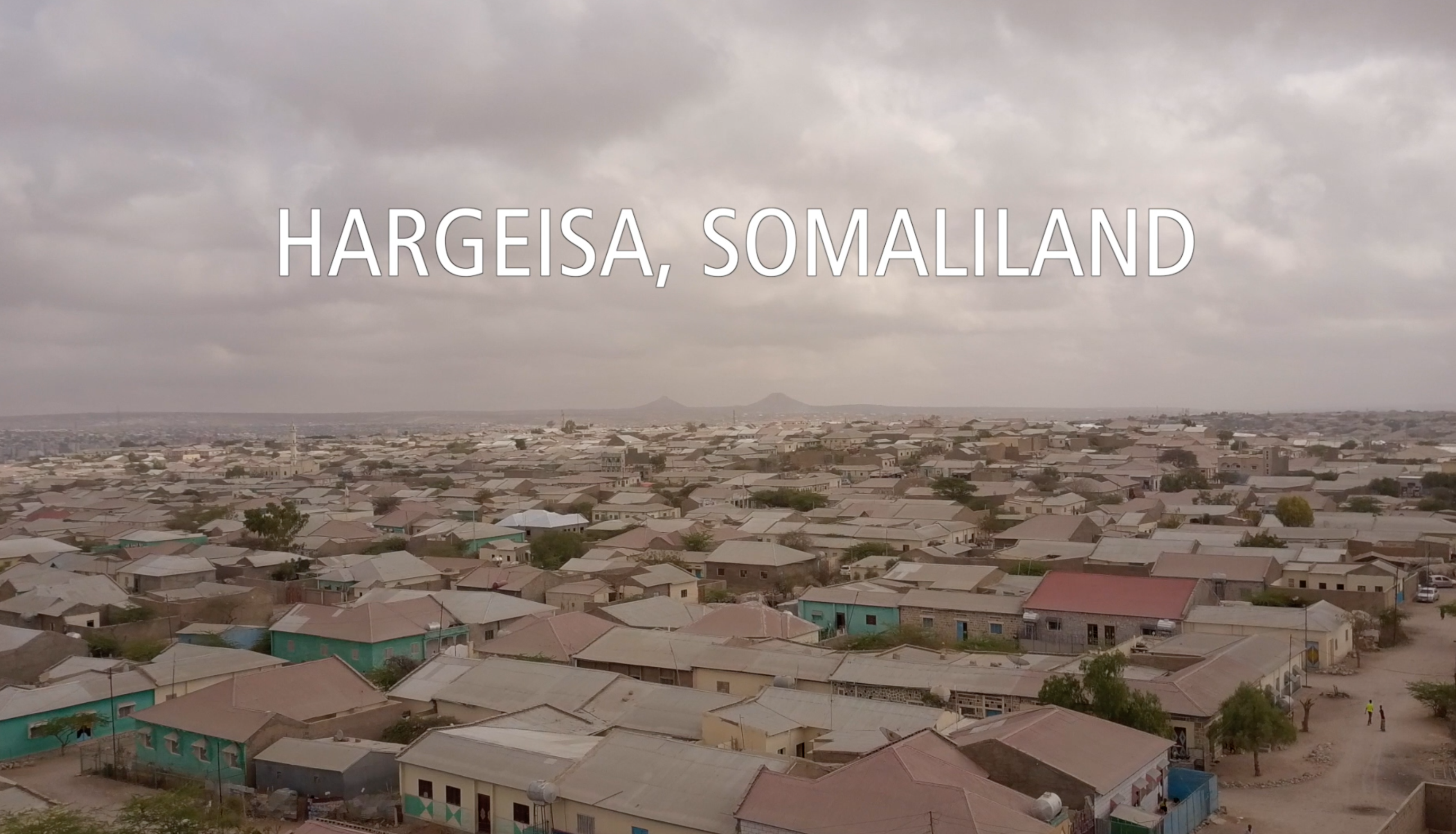We had the pleasure of interviewing Christine Alfons, founder and Executive Director of the Safe Engage Foundation, a youth-led organization in Kuria, Kenya, working to end female genital mutilation (FGM) and all forms of gender-based violence through mentorship and empowerment.
What prompted you to start the Safe Engage Foundation?
I grew up in a community where the practise of cutting was really valued, but my father was actually able to learn quite early on that FGM doesn't have any benefit for girls. And so he protected me and my sisters against the cut. His refusal to allow this practice was seen as a very big taboo, and we believe that it is what led to him being killed. He died for us, and so we do what we can to make our father proud, wherever he is.
After my dad’s death, I was really determined to protect my sisters and others, and it was at that moment I realized that I can help by volunteering. So when I graduated from high school, I started volunteering with local organizations and NGOs. I did this with a group of other people, and in 2016 we decided that we're going to start our own organization. So then that is when the Safe Engage Foundation was born.
My main motive is to empower and educate girls on the need to abandon FGM, and to teach them why they should embrace their sisters, both those who are cut and those who are not.
What does the Safe Engage Foundation do?
We run youth mentorship programmes, and we have programmes in schools that run weekly and monthly, called the Hold My Hand Initiative and EnlightenUs, respectively. We target both boys and girls to teach them life skill sessions, as well as running SRHR [sexual and reproductive health and rights] sessions.
We teach the youth about their bodily autonomy, and about how young girls can protect themselves against FGM and child marriage, and how to report it if it is happening or might happen to them. We also teach why brothers need to protect their sisters against these things. I have come to realize that there are very many young people who can actually act as role models, to other young girls and boys, to be able to grow in a community where they know that they can protect each other and stand up for each other.
We also engage parents at meetings in schools, particularly those who still think FGM is the way to go. We teach them positive parenting issues – why women's and girls rights are human rights and why they need to be upheld, and that FGM is actually a violation of those rights. We work with them until we can see like their attitudes are changing.
These issues are also related to economic empowerment. We found that women who are not economically empowered (i.e. don’t have an income) cannot make informed decisions about their own body or households. Many girls drop out of school at 15 to get married, or because of the stigma of not being cut, so they don’t have any employable skills into their 20s or 30s or older. So we train them to use their hands to make some items that they can sell, and also use the income that they have generated to reinvest again and keep making money that way. This income also helps them keep their own children in school, so they can in-turn evade child marriage.
Since we founded the programme, it has been entirely volunteer-run.
when
country
Kenya
region
Africa
Subject
Gender equality

Christine Alfons, Founder of Safe Engage Foundation
Safe Engage FoundationDo you think FGM is being adequately addressed by politicians in Kenya?
On a local level, very many political leaders have not really been into talking about FGM – it’s a sensitive issue and they worry the community may disown them and stop voting for them. So, until recently, most of them actually refused to talk about it.
But as time progresses, many are now opening up as they understand that we need to talk about FGM, because it's not only a community issue, it's a global one – one that needs to be stopped. I’d say progress is slow, but it’s definitely changed compared to, say, six or seven years ago.
And on a national level, I must congratulate our retired President, Hon. Uhuru Kenyatta and the current President Hon William Ruto, former Deputy President for their commitment to end FGM.
We have these public celebrations of FGM – girls are cut and actually paraded on the streets and given gifts. In fact, the gifts act as an incentive as many of these girls do not come from wealthy families, which is why economic empowerment is such an important part of this too. Until recently, you couldn’t ask a policeman to intervene in these parades, as they’d say “it's cultural, we don't have a take on that.” They probably also feared for their lives if they took action. But after the President's commitment to tackle FGM, things really changed.
One thing that really impresses me and gives me hope is that many countries are now moving towards making FGM illegal in their laws.
What are your proudest achievements with the Safe Engage Foundation?
I’m so proud that we've been able to rescue more than 300 girls from FGM. And further, that we have engaged over 80 women in empowering themselves and being able to generate income for themselves. Women who have their own income are more likely to have a say at the decision-making tables in their families. That is something that has really, really made me proud.
Follow the Safe Engage Foundation on Twitter, Instagram, and Facebook
All images copyright SEF/Christine Alfons










